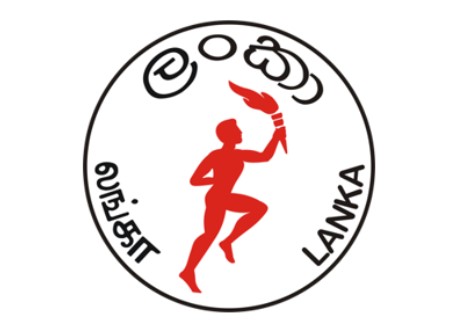Of that crab dance

Source:Island
The government has scored another victory. In what may be called a show of strength, it steamrollered the controversial Petroleum Products (Special Provisions) Amendment Bill through Parliament on Tuesday (18) amidst protests by the Opposition and the Ceylon Petroleum Corporation (CPC) trade unions. But it is bound to baulk at taking up the 22nd Amendment to the Constitution Bill for debate.
Many a government politician who headed for the hills at the height of Aragalaya is now back in the saddle. All the burning issues that led to the emergence of mass protests a few moons ago remain unsolved. Gotabaya Rajapaksa quit the presidency; Mahinda resigned as Prime Minister; Basil left Parliament, and Namal and Chamal have ceased to be ministers. But the Rajapaksas continue to call the shots in the government. They know more than one way to shoe a horse, and have outfoxed their rivals.
The country has reverted to the status quo ante. The need for a clean break with the present regime for the country to achieve political stability and economic recovery cannot be overemphasised. The Opposition is not strong enough to lead a countervailing force against the government, which is bulldozing its way through. Attempts by university students and others to mobilise the people against the government have not reached fruition.
We quoted JVP leader Anura Kumara Dissanayake, yesterday, as having said that Aragalaya had failed for want of proper leadership. But the JVP and its offshoot, the Frontline Socialist Party, hijacked it to compass their political ends, causing it to lose its appeal to the youth who are averse to partisan politics. Some of the key Aragalaya activists have also failed to live up to the expectations of the people; they have joined political parties!
Politicians are accused of corruption, abuse of power, lack of transparency and accountability, etc. It is the popular belief that they are beyond redemption that led to an unprecedented confluence of disparate forces under the Aragalaya banner with the resentful public rallying around them, and calling for the ouster of all 225 MPs. What we witnessed was a groundswell of anti-politics, which has gained currency across the globe. But the question is whether the self-proclaimed leaders of Aragalaya are different from the politicians they condemn so vehemently. Some of them also exuded arrogance, intimidated their rivals, resorted to retaliatory violence, and did not handle funds in a transparent manner. How they would have dealt with dissenters if they had succeeded in capturing state power is anybody’s guess.
Anti-politics is jet fuel for mass protests and fraught with the danger of leading to anarchy or ochlocracy, as was evident from an attempt by protesters, in July, to march on Parliament. Thankfully, their plan went pear-shaped and a bloodbath was averted.
Aragalaya, which came into being as a leaderless socio-political movement with a broad agenda ended up being a vehicle for some political parties, and the extra-parliamentary Opposition with anarchical tendencies. It would not have become a single-issue political campaign and collapsed if a robust social movement had developed to underpin it. Social reforms are a prerequisite for the success of any campaign to cleanse politics. They must go hand in hand. Unfortunately, even those who are capable of social mobilisation and bringing about a radical change in people’s thinking have chosen to wallow in divisive politics.
Government leaders seem to think trouble is over because Aragalaya has fizzled out, and a witch-hunt is underway for its self-proclaimed leaders. What they are currently enjoying may be considered an interval in hell. The politico-economic factors that led to the political upheavals that caused the ouster of President Gotabaya Rajapaksa have not gone away. The next uprising is only a matter of time. The government is behaving like the proverbial crab that danced in a pot of water, oblivious to the fire underneath.







